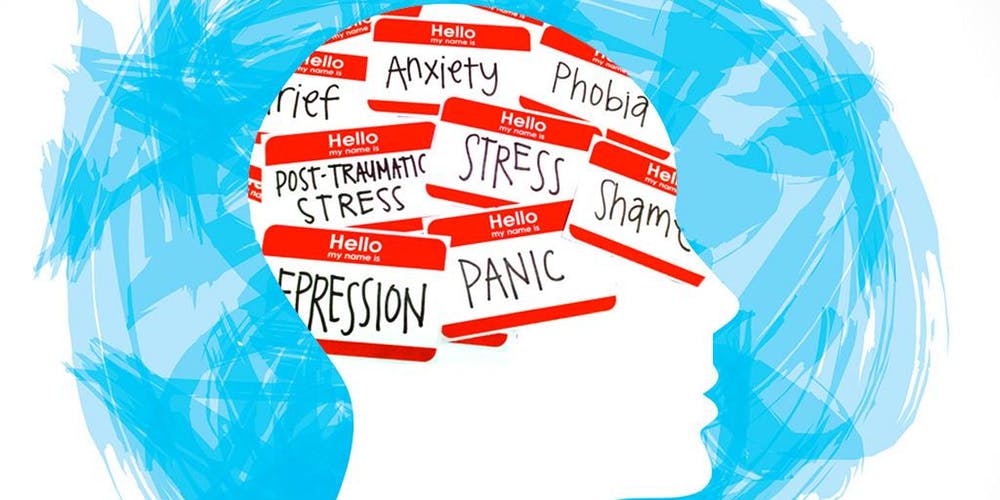By Finn Mc Kenna
The recent tragic, untimely death of Shane O’Connor, son of musicians Donal Lunny and Shuhada Sadaqat / Sineád O’Connor, reverberated throughout society. The profile of the musicians has no doubt contributed to the widespread response and outpouring of grief.
Failure of the state
However, the particular tragic case of Shane O’Connor and the southern state’s failure to uphold a duty of care to protect him resonated with many people because this tragedy, like so many suicides, was preventable.
Of course such devastating events occur due to a multitude of factors, including deeply personal ones, but their prevalence indicates a serious social problem; one that has been effectively highlighted and campaigned on for decades now. Yet the state continues to oversee a mental health crisis going from bad to worse. Clear for anyone to see, the pandemic and its impact on society has significantly exacerbated the problem, yet in the south a measly €37 million in additional funds for mental healthcare was included in Budget 2022.
State bodies uncontactable, services unreachable
Following Shane O’Connor’s death, public discussion has ensued, particularly on social media, about access to emergency mental health services and care provision. It is widely understood that attempting to access mental health services via public channels is in many instances a cumbersome, fruitless endeavour. For example, adults who present themselves as suicidal at A&E will be dismissed without thorough examination or care unless a suicide attempt has been made.
Access to essential treatment for those with Borderline Personality Disorder (BPD) often means a year-long waiting list for dialectical behavioural therapy. Cognitive Behavioural Therapy may be the most easily-accessed form of therapy and useful for some, but a one-size-fits all approach is wholly insufficient.
Affluent people who have money to spare can access private services. However, for those stuck in poverty, and for many workers living on an average wage, accessing essential services via the private sector is simply not an affordable option, neither should it be necessary.
State investment now!
This time last year (23 Jan 2021), The Irish Times ran an article titled, ‘Ireland’s Mental Health Pandemic: From Crisis to Emergency’; where it accounted for 2,000 children and young people waiting for Child and Mental Health Services (CAHMS), and 10,000 people waiting for primary care psychology — the majority of whom are children
The shortage of staff and the government’s refusal to invest in both staff and essential mental health services that are so desperately required must be seen as a political issue. The Irish economy exists to a large extent as a tax haven for international finance capital to launder money through tax-dodging loopholes. The reality and social implications of such a low corporation tax model combined with financiers exploiting tax loopholes means that necessary and fundamental social services, such as mental health and child protection, are deprioritised and underfunded. This is utterly unacceptable.
What we need:
- Major investment in mental health services and training staff. This means that there should be enough workers to match the case-loads.
- No one should have to pay to see a professional therapist.
- We need 24/7 mental health centres, including on call counseling and emergency services, in every community.
- Rollout comprehensive evidenced-based education programmes on mental health awareness and care in schools, colleges and workplaces.
- Healthcare workers, community groups, mental health campaigners and those that use these services must have oversight and input into addressing this crisis that has worsened since the pandemic.
- Make the super-rich and corporations pay to fund a single-tier national public health-service that is free at the point of use and that leaves no child nor adult without assistance in times of mental health crisis.












